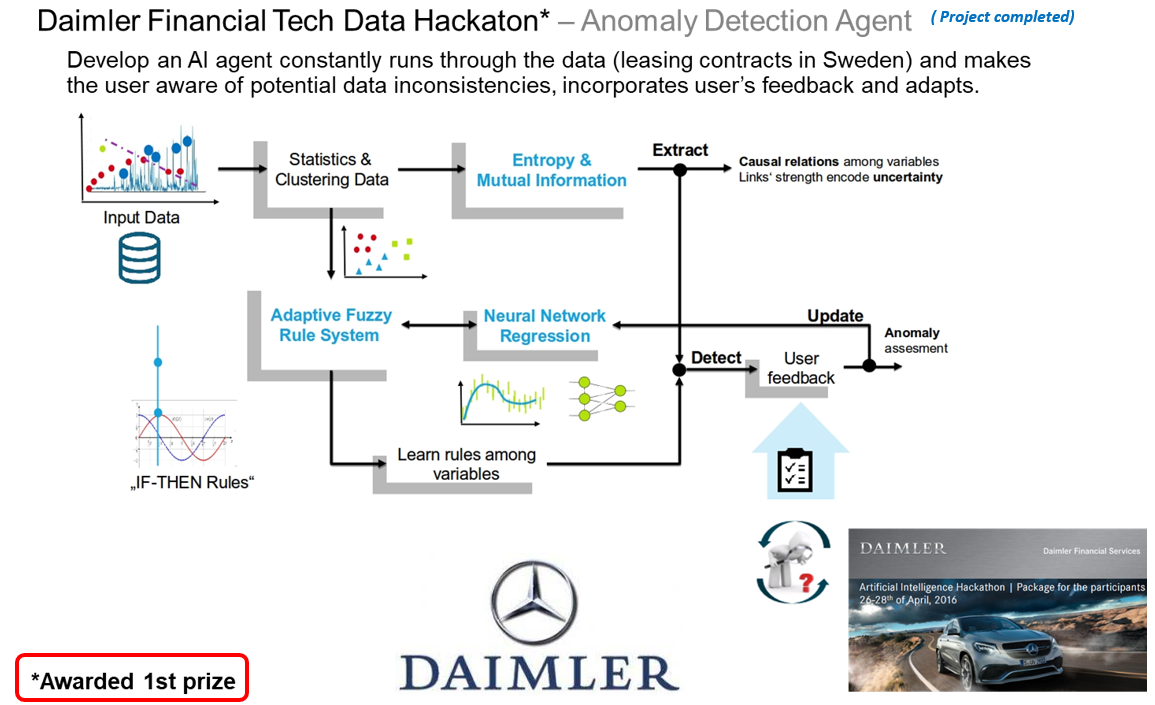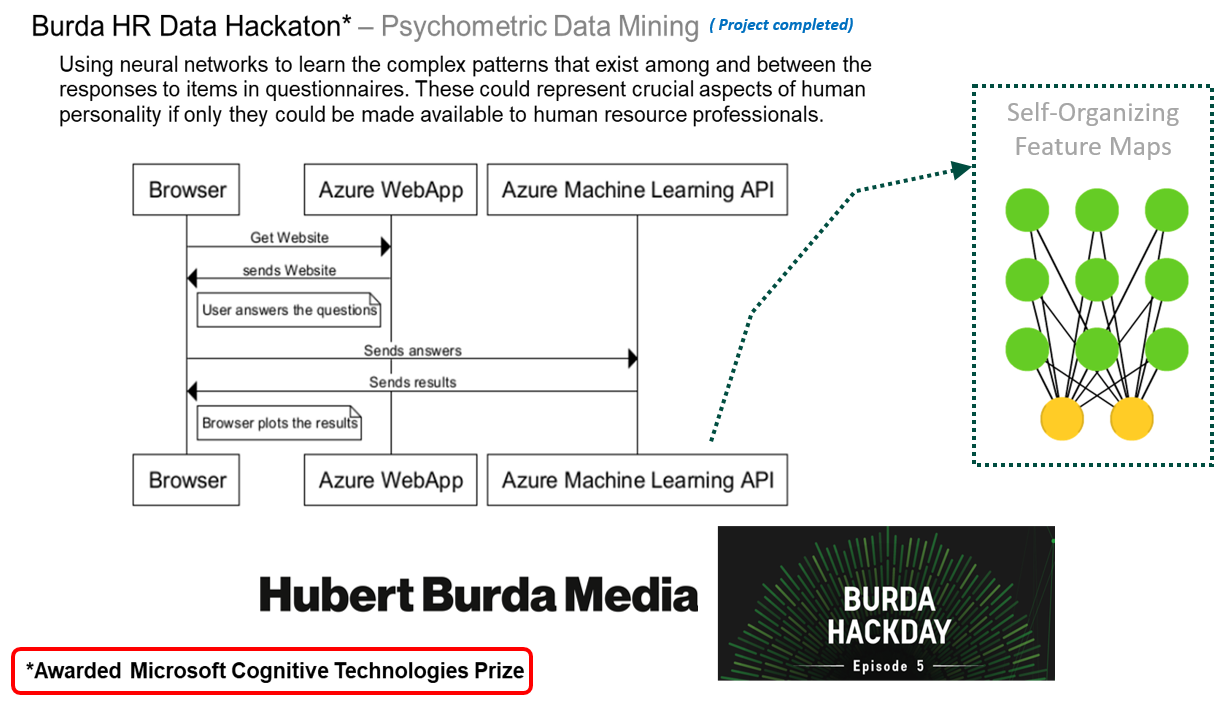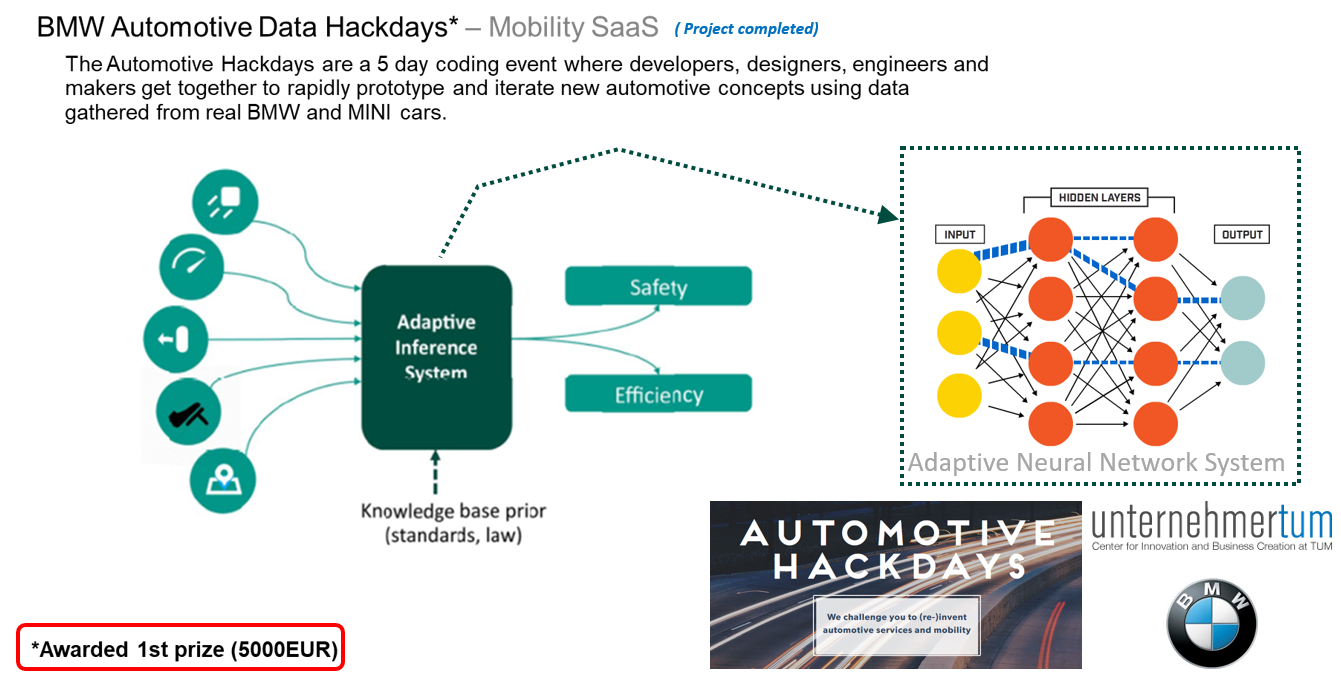Hackatons
TinyML Hackathon on Pedestrian Detection in San Jose (October 2023)
Media coverage: https://www.youtube.com/watch?v=ZhBCtfalcOk&t=2872s&ab_channel=tinyML Cost-effective and accurate solutions are needed to detect pedestrians during the day and especially at nighttime to implement safety measures. This year’s challenge is In partnership with the City of San José’s Vision Zero program. Vision Zero is the city’s initiative to significantly reduce traffic fatalities and injuries. People killed while walking are the biggest group of traffic fatalities and a significant number of fatalities occur at night. In fact, traffic fatalities have more than doubled since 2012 in San José. Spiking Perception and processing for Intelligent Detection of pEdestrians on urban Roads (SPIDER) accurately detected and tracked pedestrians and bikers, while preserving their privacy, on the streets of Nuremberg day and night only using 5W.
Talk: https://github.com/caxenie/cristianaxenie.github.io/raw/master/files/CristianAxenie_ProjectSPIDER_Team_NeurOHM_THN_TinyMLHackaton.pdf
Merck Research "Future of AI Challenge" (August 2019)
1st Place at Merck Future of AI Research Challenge. Media coverage: https://app.ekipa.de/challenge/future-of-ai/about Merck Research Challenge aimed to generate insights from various disciplines that can lead to progress towards an understanding of invariant representations - that are novel and not based on Deep Learning. IRENA offers a computational layer for extracting sensory relations for rich visual scenes, with learning, inference, de-noising and sensor fusion capabilities. The system is also capable, through its underlying unsupervised learning capabilities, to embed semantics and perform scene understanding.
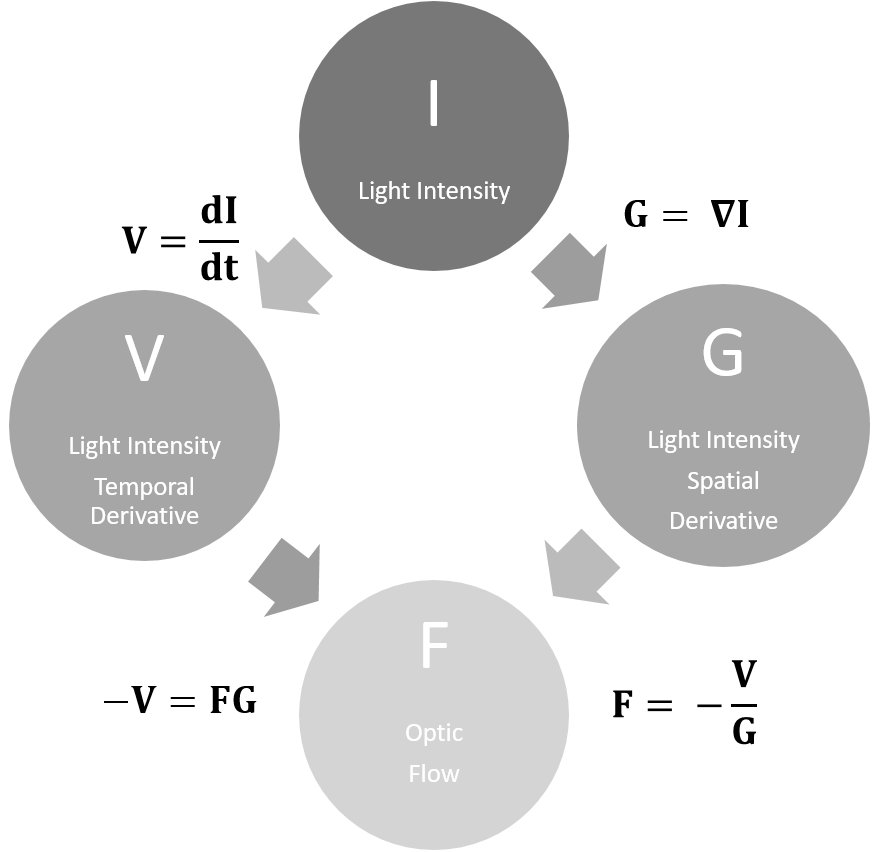
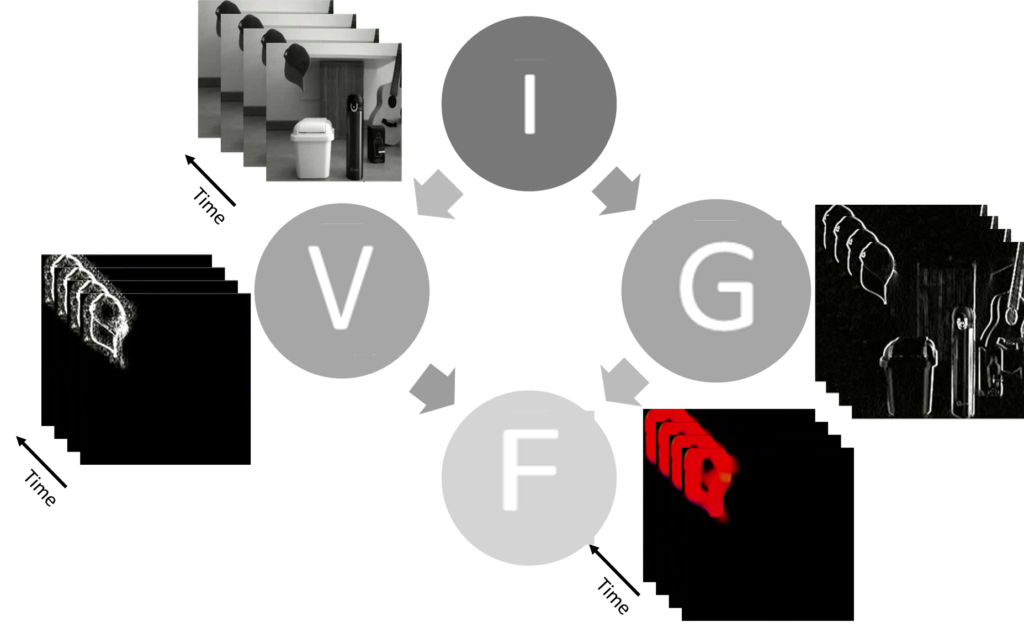
University of Cambridge Hackathon - Hack Cambridge (January 2017)
Microsoft Faculty Connection coverage (https://goo.gl/uPWGna) for project demo at Hack Cambridge 2017, 28 – 29 January 2017, University of Cambridge with a Real-time Event-based Vision Monitoring and Notification System for Seniors and Elderly using Neural Networks. In this project, we propose the use of a novel embedded Dynamic Vision Sensor (eDVS) for the task of classifying falls. Opposite from standard cameras which provide a time-sequenced stream of frames, the eDVS provides only relative changes in a scene, given by individual events at the pixel level. The changes in position of the stimuli will encode the possible positions corresponding to falls or normal motion. We used Microsoft Azure ML Studio to implement the neural classifier. 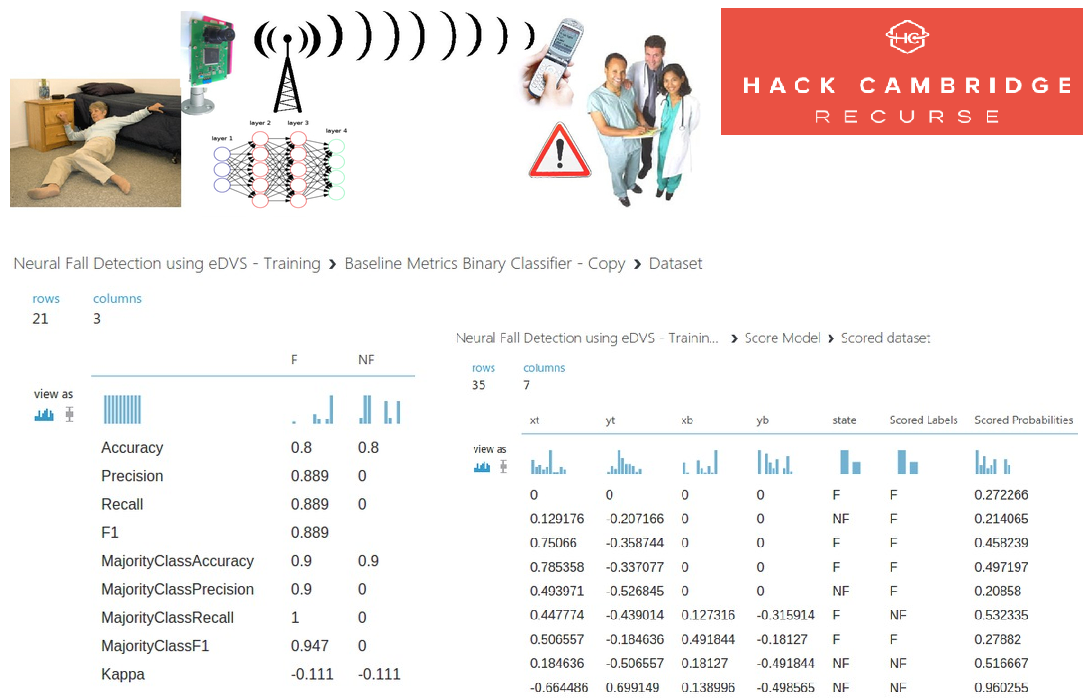
ANDRITZ Pioneers Hackathon (January 2017)
Best innovation idea at the ANDRITZ Pioneers Hackaton innovating for the international technology group ANDRITZ. Developed an artificial neural learning agent for automation process productivity enhancement. 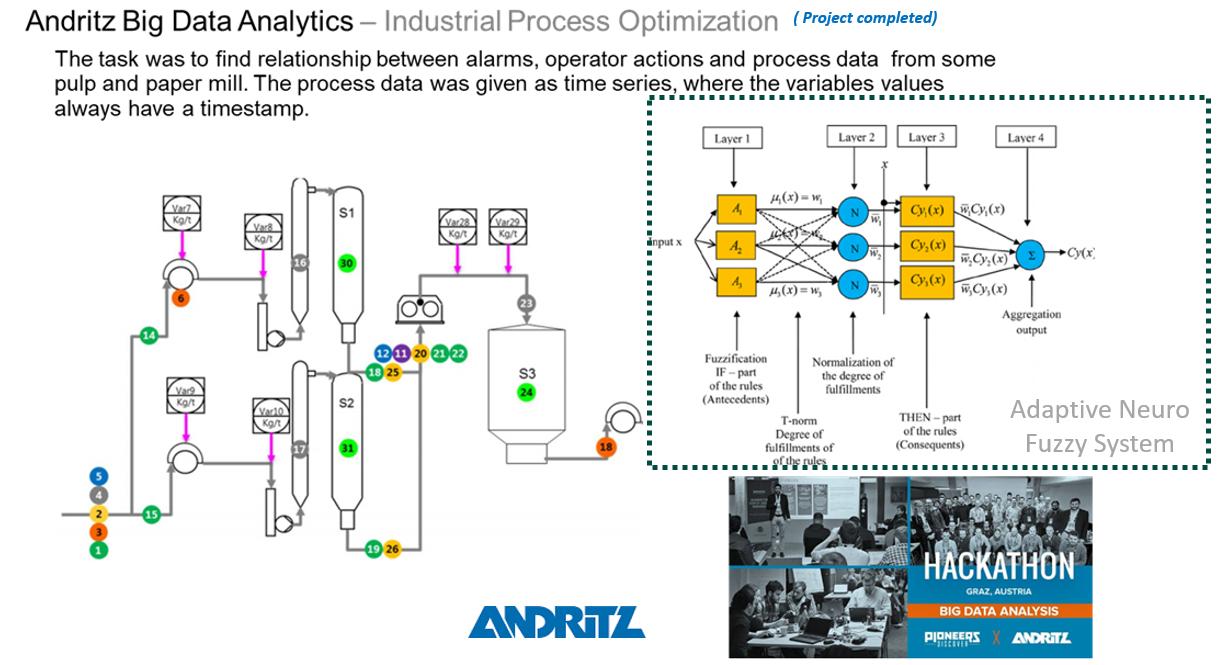
Wellcome Trust Hack The Senses Hackathon (June 2016)
Hearing motion synesthesia at Hack the Senses Hackaton, Fablab London, 2016. Using spiking event-based cameras to capture motion and generate audio information for triggering synesthesia in the blind. WIRED UK coverage ( https://goo.gl/5yQ1Fn)
Daimler FinTech Hackathon (April 2016)
Awarded 1st prize (team) at the Daimler Financial Services Big Data Analytics Hackaton for the design of a neuro-fuzzy learning system for anomaly detection and user interaction in big data streams. 